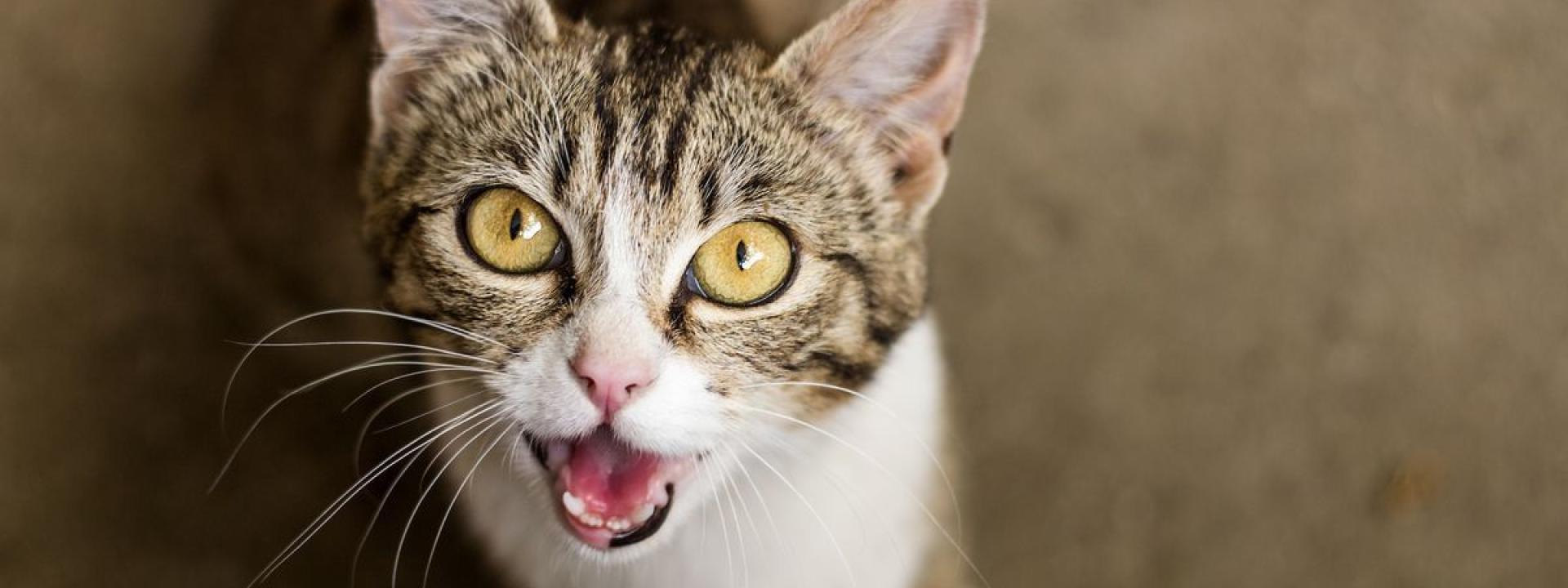Chronic kidney disease (CKD) is a common condition in cats, especially as they age. It is also known as chronic renal failure (CRF) or chronic renal insufficiency (CRI). CKD occurs when the kidneys gradually lose function over time, leading to the progressive decline of their ability to filter waste products from the blood and regulate electrolyte balance and fluid levels in the body.
Symptoms: Early stages of CKD in cats may not show any obvious symptoms. As the disease progresses, common symptoms include increased thirst and urination, decreased appetite, weight loss, vomiting, lethargy, dehydration, bad breath, and changes in coat appearance. Some cats may also develop high blood pressure, anemia, and electrolyte imbalances.
Diagnosis: CKD is typically diagnosed through a combination of clinical signs, physical examination, blood tests, urinalysis, and imaging studies like ultrasound or X-rays.
Treatment: While CKD in cats is not curable, its progression can be slowed down and symptoms managed through various treatments. These may include dietary modifications (such as low-protein, low-phosphorus diets), medications to control blood pressure, phosphate binders, supplements, and fluids administered either orally or intravenously to maintain hydration.
Monitoring: Regular veterinary check-ups and monitoring of kidney function are crucial for cats diagnosed with CKD. This may involve periodic blood tests, urinalysis, blood pressure measurements, and assessment of body weight and hydration status.
Prognosis: The prognosis for cats with CKD varies depending on factors such as the stage of the disease at diagnosis, the cat's response to treatment, the presence of complications, and overall health status. With appropriate management, some cats can live comfortably for months to years after diagnosis.
If you suspect that your cat may have CKD or is showing any symptoms associated with the disease, come see us at Hallett Veterinary Hospital for a proper diagnosis and appropriate management plan tailored to your cat's needs. Early detection and intervention can help slow the progression of the disease and improve your cat's overall well-being.
Resources: vin.com, chatGPT

